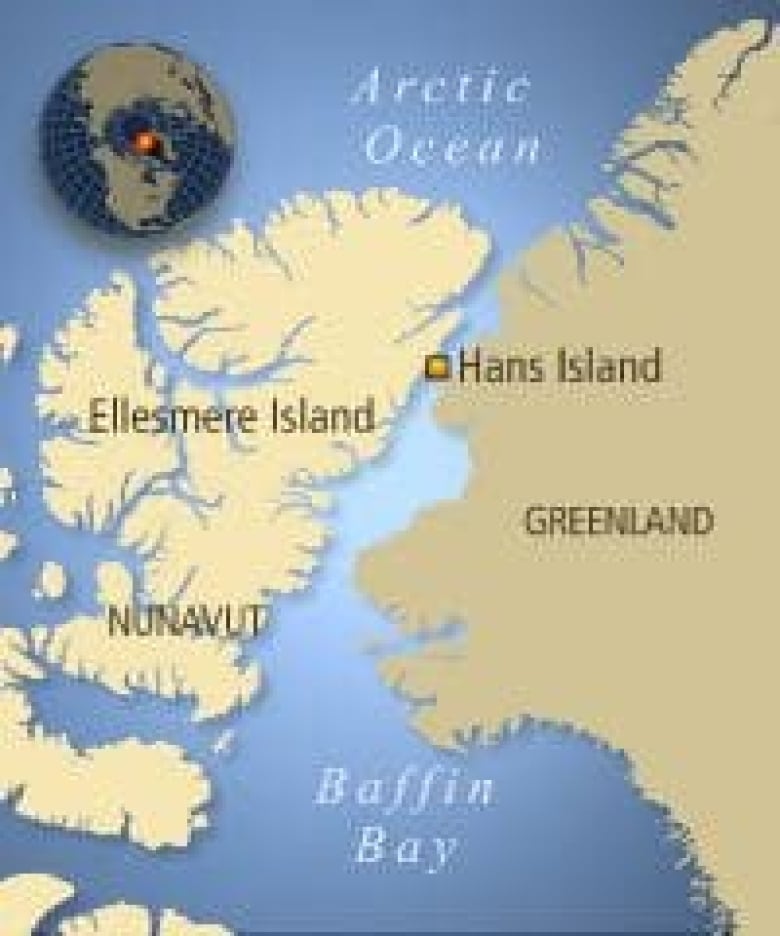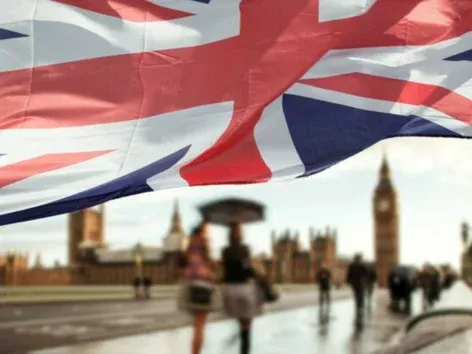Trump's Legacy: A Closer Look At Greenland's Relationship With Denmark

Table of Contents
Historical Context: A Century of Shared Governance
Greenland's relationship with Denmark is a long and multifaceted one, deeply rooted in colonization and marked by a gradual, though uneven, process of self-governance. Understanding this history is crucial to comprehending the complexities of the present-day relationship.
-
Danish colonization and its impact: Danish colonization, beginning in the 18th century, significantly impacted Greenlandic society, culture, and language. While introducing certain advancements, it also led to the suppression of indigenous traditions and a power imbalance that persists to this day. The legacy of colonialism continues to shape Greenlandic identity and its relationship with Denmark.
-
The granting of home rule (1979) and self-governance: The 1979 Home Rule Act marked a significant step toward Greenlandic self-determination, granting the island substantial autonomy in domestic affairs. This move, however, left key areas under Danish jurisdiction.
-
Ongoing areas of Danish jurisdiction (defense, foreign affairs, currency): Despite home rule, Denmark retains control over Greenland's defense, foreign affairs, and currency, highlighting the continuing interconnectedness of the two entities and the limitations on Greenland's sovereignty. This shared governance model is a central element of Greenland's relationship with Denmark.
-
Greenlandic identity and cultural preservation within the Danish context: Greenlandic culture and language have shown remarkable resilience, despite the historical impacts of colonization. The preservation and promotion of Greenlandic identity remain vital aspects of the ongoing dialogue between Greenland and Denmark. The balance between maintaining cultural identity and navigating a relationship with Denmark continues to be a key focus.
Trump's Offer: The Proposal and its Fallout
Trump's unsolicited offer to buy Greenland in August 2019 was met with widespread astonishment and condemnation. The proposal, seemingly born from strategic considerations and a desire to expand US influence in the Arctic, was immediately rejected by both Denmark and Greenland.
-
International media coverage and its impact: The international media frenzy surrounding the proposal brought unprecedented global attention to Greenland and the complexities of its relationship with Denmark, shifting the narrative beyond the usual regional focus.
-
Denmark's rejection of the proposal: Denmark's firm rejection of Trump's offer underscored the inherent absurdity of the proposal and the impossibility of purchasing a territory populated by a self-governing people.
-
Greenland's reaction and its stance on independence: Greenland's response was similarly dismissive, reiterating its commitment to self-determination within the framework of the Kingdom of Denmark, but also highlighting its ambitions for greater autonomy. The event, however, fueled the debate surrounding Greenlandic independence.
-
The impact on US-Danish relations: The proposal strained US-Danish relations, exposing underlying tensions and highlighting differing perspectives on sovereignty and international relations in the Arctic. The episode showed that US interests in Greenland's resources and strategic location were not necessarily aligned with Greenland's and Denmark's interests.
The Geopolitical Landscape: Strategic Importance of Greenland
Greenland's strategic importance is undeniable. Its location, vast mineral resources, significant fishing grounds, and potential for military bases make it a coveted territory in the context of global power dynamics and climate change.
-
Climate change and the Arctic's significance: As the Arctic ice melts, Greenland's strategic importance increases due to access to newly navigable waters and the potential for resource extraction. Climate change acts as an accelerator in the geopolitical competition around Greenland.
-
Competition for resources and influence in the Arctic: The Arctic region is becoming increasingly contested, with various nations vying for access to its resources and strategic locations. This competition directly affects Greenland's relationship with Denmark, as other global powers seek to influence Greenland’s choices.
-
China's growing interest in Greenland: China's increasing engagement with Greenland, particularly regarding infrastructure projects and resource development, has added a new dimension to the geopolitical landscape, further complicating Greenland’s relationship with Denmark.
-
The role of the US and other NATO countries: The US and other NATO countries continue to maintain a significant interest in Greenland's security and strategic positioning within the Arctic, influencing Greenland's choices concerning its relationship with Denmark and other powers.
The Future of Greenland’s Autonomy
Greenland's pursuit of greater autonomy and potential independence remains a central theme in its relationship with Denmark. The events of 2019 accelerated the ongoing dialogue around self-determination.
-
Economic dependence on Denmark: Greenland's significant economic dependence on Denmark remains a major obstacle to full independence. This dependence significantly shapes Greenland's relationship with Denmark and its ability to pursue self-determination.
-
The role of Greenlandic nationalism: A growing sense of Greenlandic nationalism fuels the desire for greater self-determination and independence. This force drives Greenland's evolving relationship with Denmark.
-
Obstacles to full independence: Achieving full independence would require significant economic and infrastructural adjustments, posing a considerable challenge for Greenland. These challenges continue to inform Greenland's relationship with Denmark.
-
Possible future scenarios: The future of Greenland's relationship with Denmark could involve a range of scenarios, from increased autonomy within the existing framework to eventual full independence. Several paths remain open and their unfolding will shape Greenland's relationship with Denmark in the coming decades.
Conclusion
Trump's attempt to purchase Greenland, while ultimately unsuccessful, served as a powerful catalyst, exposing the ongoing complexities and evolving dynamics of Greenland's relationship with Denmark. The event brought renewed international focus on Greenland's strategic importance and its path toward greater self-determination. The future of Greenland's relationship with Denmark remains uncertain, with economic considerations, geopolitical pressures, and the enduring question of independence shaping its trajectory. To further understand the intricacies of Greenland's relationship with Denmark and the lasting impact of Trump’s proposal, continue researching the topic and stay informed on current developments in Greenlandic politics and international affairs surrounding Greenland's relationship with Denmark.

Featured Posts
-
 Child Rapist Living Near Massachusetts Daycare Investigation Underway
May 09, 2025
Child Rapist Living Near Massachusetts Daycare Investigation Underway
May 09, 2025 -
 Putins Victory Day Ceasefire A Temporary Truce
May 09, 2025
Putins Victory Day Ceasefire A Temporary Truce
May 09, 2025 -
 Uk Immigration Rules Tightened Fluent English Now A Requirement For Residency
May 09, 2025
Uk Immigration Rules Tightened Fluent English Now A Requirement For Residency
May 09, 2025 -
 Harry Styles Devastated Reaction To A Poor Snl Impression
May 09, 2025
Harry Styles Devastated Reaction To A Poor Snl Impression
May 09, 2025 -
 Trump Appoints Jeanine Pirro As Top D C Prosecutor
May 09, 2025
Trump Appoints Jeanine Pirro As Top D C Prosecutor
May 09, 2025
